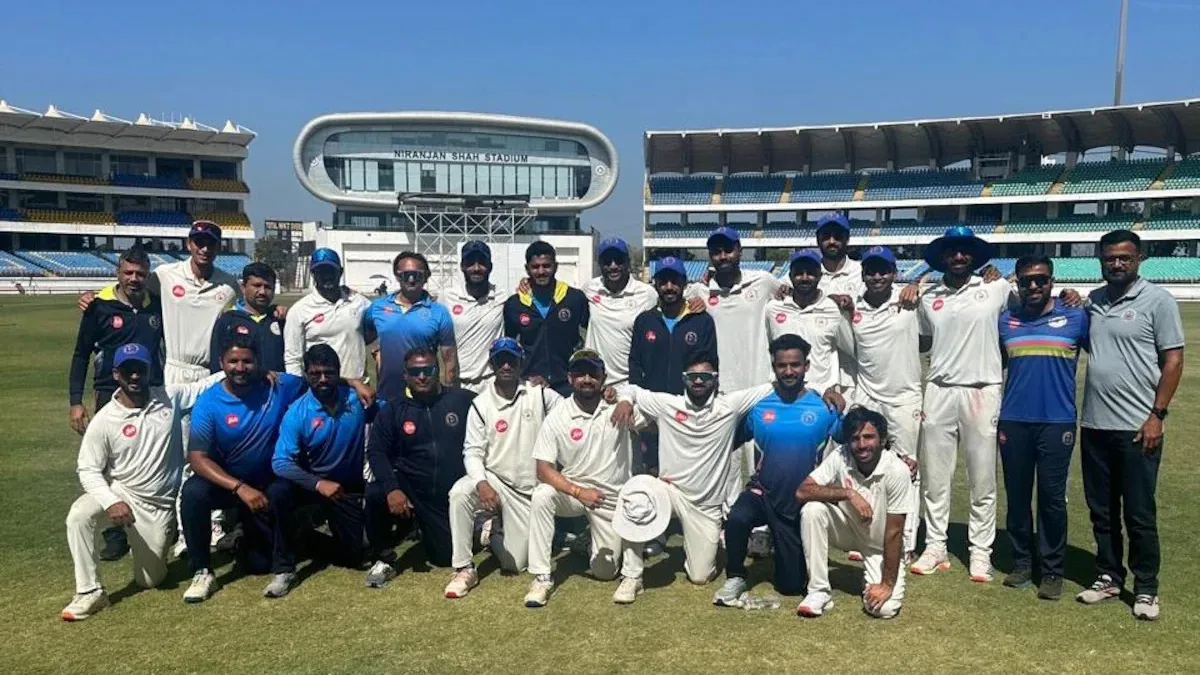International Coffee Day reminds us that coffee is more than just a morning ritual—it’s an experience, a culture, and for many, the essential start to the day. While millions of people reach for their first cup to wake up or get ready for work, there’s more to coffee than just the caffeine jolt. Experts now suggest that the way you select and prepare your coffee can make a meaningful difference to your health.
Why the Type of Coffee Matters
Not all coffee is created equal. Many commercial coffee beans are grown using synthetic pesticides and fertilizers, which can affect the overall quality of your brew. Nutrition experts emphasize that where your coffee comes from is more important than the labels it carries. Simply choosing a bag labeled “organic” may not guarantee safety or quality.
Single-origin beans are often the best choice. These beans come from a specific region or farm, allowing consumers to trace their cultivation practices. Single-origin coffee is generally more consistent, flavorful, and less likely to be exposed to harsh chemicals compared to blends, which mix beans from various sources.
How to Choose Healthier Coffee Beans
The reality is that commercial coffee is one of the most chemically treated agricultural products. While caffeine often gets all the attention, the chemicals used during cultivation are equally important. Simply opting for organic coffee may not be enough. Isabel Smith, a registered dietitian and founder of Isabel Smith Nutrition, warns about potential greenwashing, explaining that “what counts as organic in one region may differ completely in another.”
Her advice: focus on sourcing and cultivation transparency. Choosing single-origin beans helps you understand the farming methods, ensuring a cleaner, more reliable cup. Blends, though convenient, often make it difficult to track the origin and quality of each bean.
Mold and Mycotoxins: Should You Be Concerned?
Concerns about mold and mycotoxins in coffee have circulated widely online. Bloggers and influencers often warn against these compounds, but research suggests that for most consumers, there is little to worry about. Jae-Hyuk Yu, Ph.D., a professor of bacteriology at the University of Wisconsin-Madison, explains that strict food-safety regulations in the U.S. and many other countries keep these risks minimal.
“While mold can grow under improper harvesting, drying, or storage conditions, quality-control practices and regulatory standards ensure that mycotoxin levels remain well below safety concerns,” he notes. Over 100 countries have established limits for these compounds, and processing methods such as wet processing and roasting further reduce any potential risk.
Consumers can further minimize exposure by choosing reputable brands that follow good manufacturing practices and conduct regular testing. Certifications such as USDA Organic, Rainforest Alliance, or other third-party lab-tested claims can provide additional confidence, provided the information is transparent.
Proper Storage is Key
Even the best coffee beans can lose quality if not stored correctly. Keep your beans in a cool, dry place and avoid leaving them exposed for long periods before brewing. Proper storage helps prevent mold growth and ensures that the rich flavors and aroma are preserved until the last cup.
It’s also not mandatory to purchase USDA Organic coffee. The most crucial factor is transparency regarding cultivation. Single-origin beans with clear sourcing information allow you to enjoy coffee that is both safe and delicious.
Making Coffee Better for Your Health
Since coffee is already a daily habit for millions, small adjustments can make a big difference. Choosing high-quality, single-origin beans, avoiding over-processed blends, and ensuring proper storage can enhance both the taste and health benefits of your morning brew.
Coffee contains antioxidants and other compounds that may improve alertness and support overall well-being. By paying attention to sourcing, storage, and brewing methods, you can turn your daily ritual into a healthier, more mindful experience.
Also read: International Coffee Day: Celebrating the World’s Favorite Brew
Celebrate International Coffee Day Thoughtfully
This International Coffee Day, take a moment to appreciate the journey your coffee beans take from farm to cup. Whether you’re enjoying a quick espresso, a rich latte, or a slow-brewed pour-over, consider making choices that prioritize quality, health, and sustainability. Your morning coffee can become more than a habit—it can be a conscious, enjoyable, and beneficial part of your day.
Remember, coffee is not just a drink; it’s a global culture connecting millions of people. By choosing single-origin beans, following proper storage practices, and trusting reputable brands, you can enjoy every sip with peace of mind.
Disclaimer: This article is for general informational purposes only. It is not medical advice. Always consult a healthcare professional for personalized guidance.


















